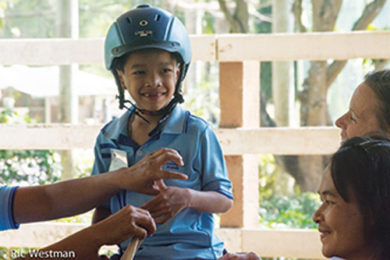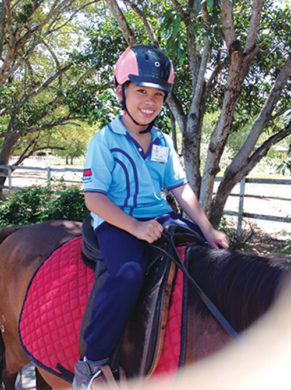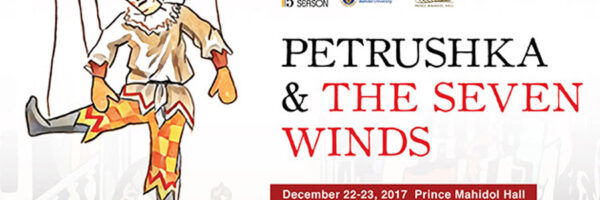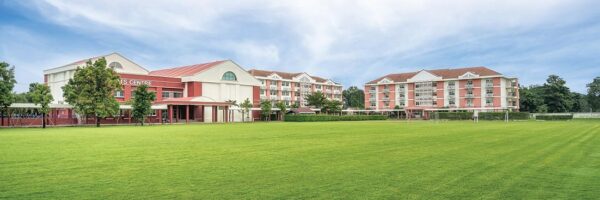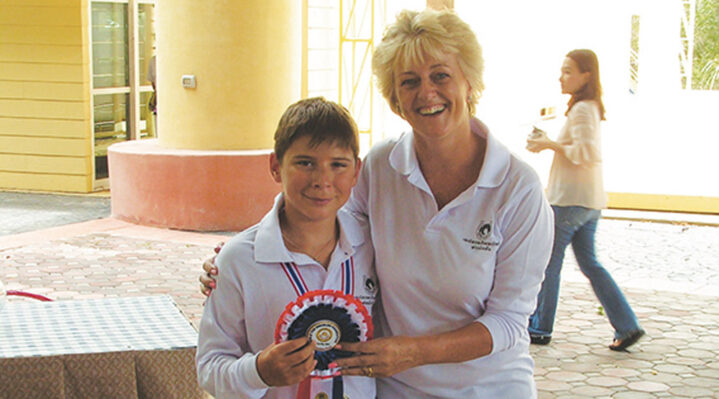
Able the disabled
Having a child that is disabled or visually impaired, suffering from autism or has any other medical condition that classifies he or she as not “normal”, is probably the most painful thing one can experience as a parent. You can’t change things, and you have to look for ways to make life easier and simpler.
In recent years, with medical and therapeutic advancements, lives can and are being improved. Children suffering from a disability or illness are no longer locked up, drugged and ignored. They have a chance at attaining an education and living fulfilled lives, going on to marry and have children of their own.
Many western countries have specific schools, hospitals and learning centres to help parents with their disabled children. But what happens if your away from your home country? Does SE Asia “understand” the needs of these children?
Let’s be honest, it is often thought that a disabled child, in any form is paying for his or her sins from a past life. This is true of many countries, certainly in India and Pakistan as well as Thailand.
So is there a willingness to help these parents raise their children, give them therapy and make their lives better? Here in Pattaya I have to say yes. We have schools for the blind and the disabled, a special needs school and day centres for children suffering with autism and learning difficulties. We also have a equine therapy centre.
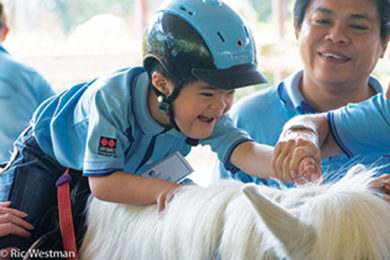
The charity is called “Able the Disabled”, based out at Horseshoe Point and is part of a bigger (430 hectares) resort comprising of an international riding school as well as a hotel with an array of activities on offer, along with conference facilities.
The centre was founded in 2006 by Khun Chaikiri Srifuengfung. It is now run by a British woman called Sandra Cooper who joined in 2008. She came to Thailand as a trailing spouse from Malaysia. It was in Malaysia where she became actively involved with the disabled riding programme at the “Royal Selango Polo Club” which provided therapy for children with Downs Syndrome, Cerebral Palsy, and autism. She spent most of her time there, and became fully qualified as a riding instructor, and therapist to work with the disabled as well as all aspects of horse management.
Pattaya was the next stop for the Coopers and Sandra offered her help to the centre on a voluntary basis initially, and then was directly employed by them in order to help grow the “Able the Disabled” charity and therapy centre. She tells me she currently has anything between 30 to 50 children a week attending the centre for therapy, she is assisted by a group of 30 expat women all of whom volunteer their time to help provide the therapy to the children. This group includes one occupational therapist and one nurse. There are 96 horses based at Horseshoe Point, but only 10 can be used to provide therapy. The horses have to be of a particular kind, they must be gentle and not startled easily, she has even devised her own “horse interview” for the selection process.
What is equine therapy?
Equine therapy or hippotherapy from the Greek word for horse, puts people and horses together, along with a therapist in an environment that promotes emotional growth and learning.
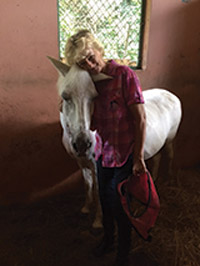
Horses have been used in physical therapy since the 1950s in Germany, Austria and Switzerland. It was used along side physiotherapy for those with physical disabilities, here the movements of the horse were thought to influence neuromuscular changes in the patient. Equine therapy teaches balance, coordination, self-confidence, self-esteem, empathy and calms the mind. It’s considered to another form of physical therapy, yet much more enjoyable and set in a less stressful environment.
Over the last 20 years, equine therapy has evolved to include psychological therapy, more and more people have discovered just how much empathy these animals have and can help in assisted therapy and recovery. Horses are herd animals and desire company, they are social animals and create bonds with humans. Therefore, the ideal animal to help with this form of therapy. Their size is and can be imposing but once this fear is overcome, the gentleness and affection of these animals shines thorough. It’s said that horses have their own personality and feelings and can sense emotions.
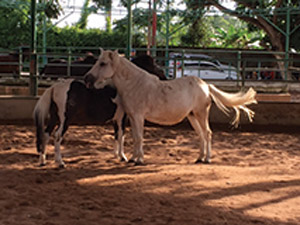
Much research has been done into the effectiveness of equine therapy, and it’s thought that it can help with a huge range of issues and illnesses. These include anxiety, autism, behavioural problems, trauma, anger and addiction. As well as specific therapy for children suffering from Cerebral Palsy, Down’s Syndrome and autism.
In Scotland there is a charity called Horseback UK, which uses horses to help rehabilitate injured and traumatised members of the armed forces. It offers them dignity and mobility, without any form of pity. Something these men and women certainly don’t want. The centre is run by a former marine, Jock Hutchison in Aberdeenshire, who states that the horses have an enormous effect on them, which is empowering.
Horses are beautiful, yet the sheer size of these magnificent creatures has always frightened me. My stepdaughter rode regularly when she was younger. I wouldn’t go near them, I admired them from afar. But when I visited the stables at Horseshoe Point, to speak with Sandra, I was surprised at how calm I felt. The environment is just as you would imagine, bales of hay, clanking of hooves, that horsey smell, stables with the heads of horses popping out to say hello, a few huffs and puffs and all a little bit mucky, which is what you would expect but it is an otherwise very calm and serene place. The horses were happy, and looked healthy. I can understand their influence on someone that needs help and therapy, someone who is unwell and lost within themselves.
I greatly admire Sandra. She is working in a very limited budget, times are hard. The money the centre made from riding lessons has dwindled, as those who could afford the lessons have left the country. As she herself said, “riding is a luxury”. But yet the centre continues to provide the equine therapy to the children that need it. Those that can pay, do so.
A group of children attend twice a week from the Father Ray School for the Disabled and they receive the therapy for free. Which is wonderful. And many of the volunteers, sponsor a child’s therapy personally, paying for the minimum 8 therapy sessions, which Sandra conducts. Thailand is one of many SE Asian countries that have this form of therapy available but it is by no means at the forefront. Singapore and Hong Kong are known to be the best. Thailand has equine therapy centres in Bangkok and Chiang Mai, as well as in Pattaya. So we have begun to see its advantages and how it can change the lives of those that need it.
Being an expat and a parent of a special needs child needn’t be as hard as you think. Help is out there.
If you would like further information on equine therapy or “Able the Disabled”, please get in touch, with Sandra at:
www.horseshoepoint.com
www.ridingschoolasia.com
[email protected]
Jess Thakkar was born in the UK to parents of Indian, East African origin. She followed her husband to Thailand in 2010. She is the president of Rayong Pattaya Ladies Circle, an expat women’s group based in Pattaya.


